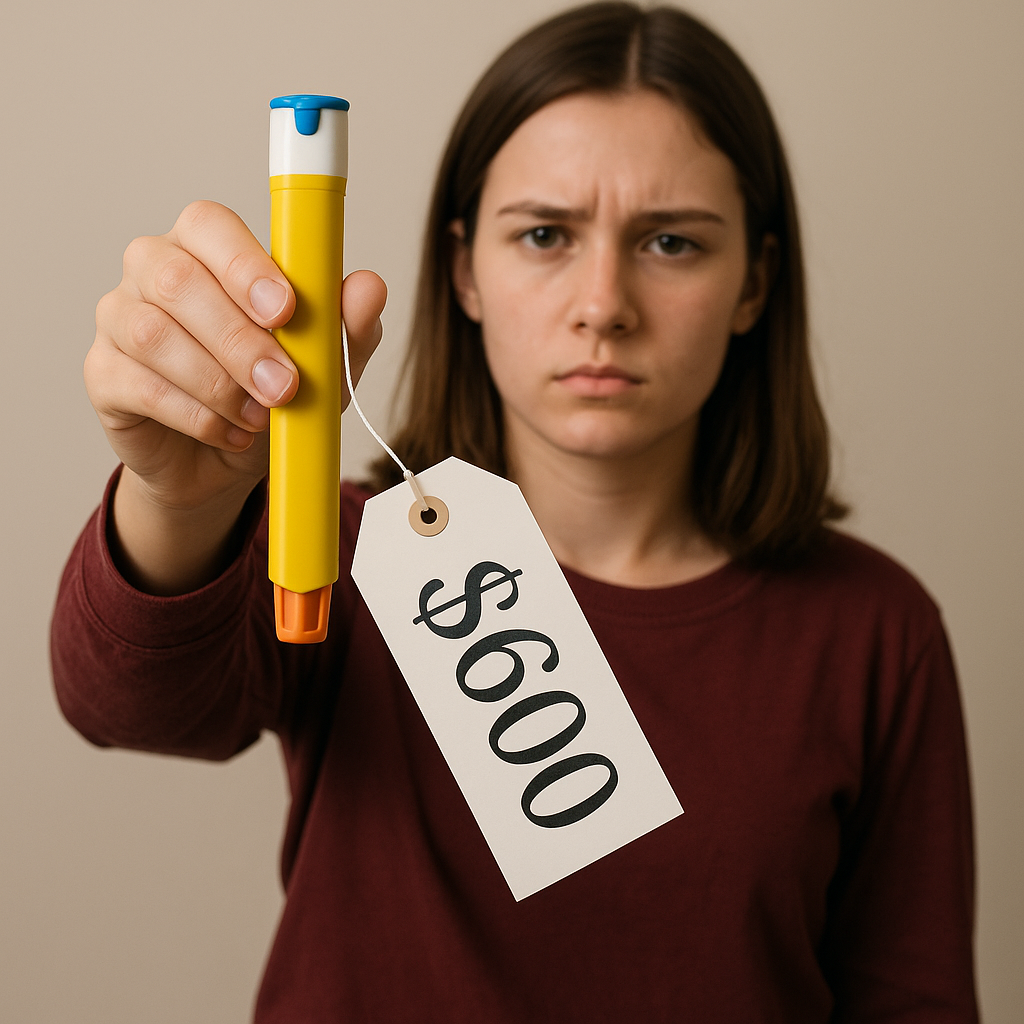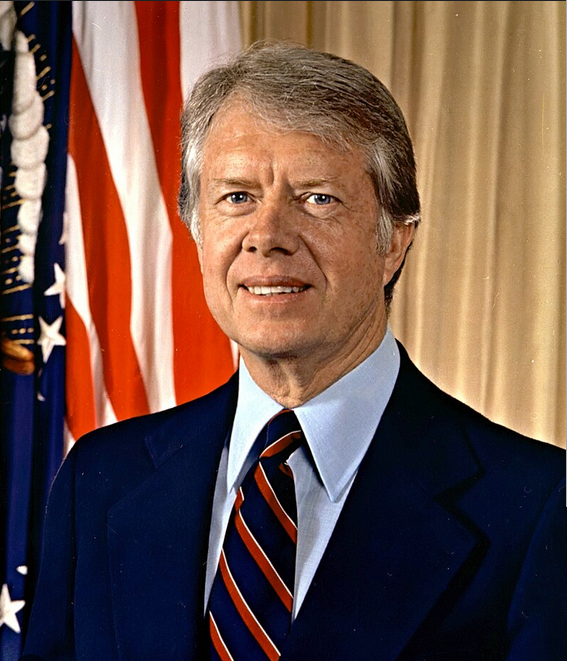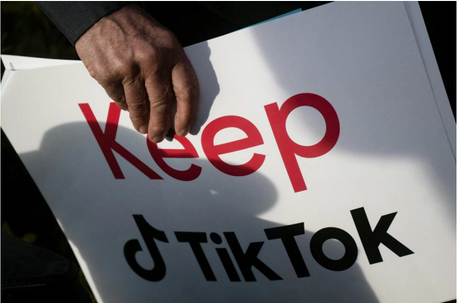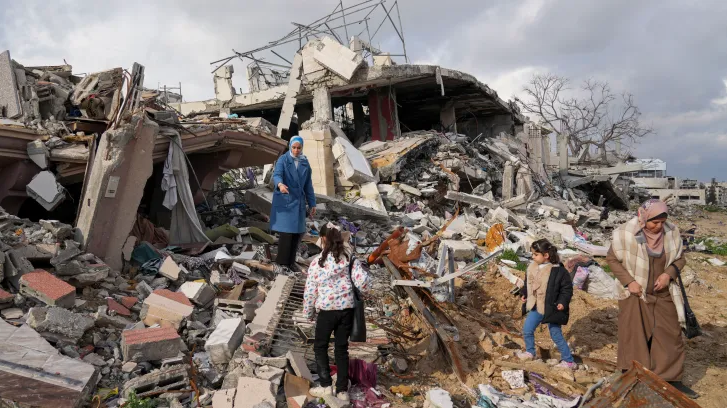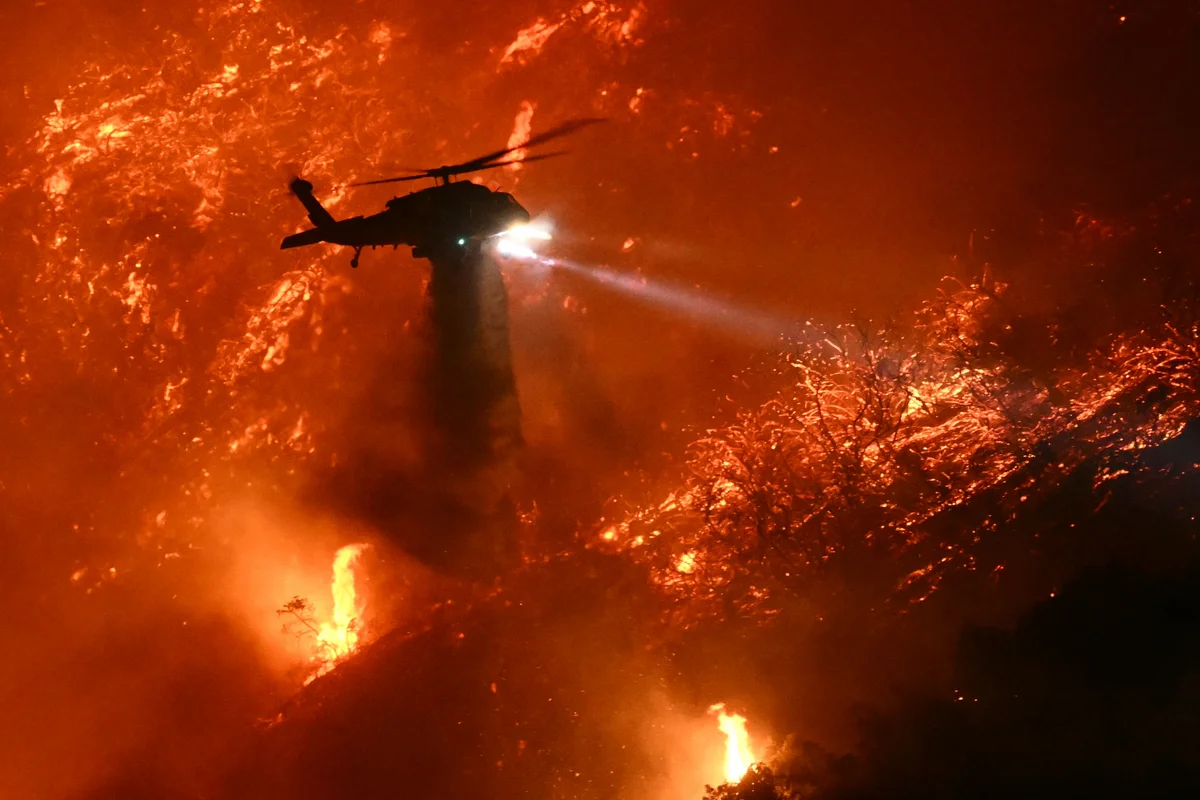It isn’t everyday that we see a court case right in our backyards. As an AP Government and Politics student, constitutional violations are a distant reality. I find myself believing that they are strictly confined to textbooks, newspapers, and TV coverage. So you can imagine my surprise when I learned of a First Amendment free speech violation unfolding within driving distance of Yorktown High School.
A junior at a local high school found himself suspended for creating a satirical rap video off-campus, in which he used anti-gay slurs. The school district (which I will keep unnamed) has subsequently suspended him for violating the school district’s policy against hate speech. Specifically, school officials pinpointed two words from the rap song that they deemed offensive and hateful towards the LGBTQ+ community within the institution. However, the student himself identifies as LGBTQ+. In response to his suspension, he has filed a federal lawsuit against the school district, arguing that his First Amendment right to free speech was infringed upon.
This case opens up a Pandora’s box of questions, adding layers that influence the court’s decision-making process and the overall impact of its ruling. At its core, the complexities rise from the collision of two contentious concepts: a student’s right to express themselves both on and off school premises, and the principles of Diversity, Equity, and Inclusion (DEI) within the LGBTQ+ community.
How far can school officials even go to police speech inside and outside school grounds?
Over the years, the Supreme Court has established that there’s an important factor that comes into play when deciding whether freedom of speech is protected: whether the speech occurred on or off school campus grounds. The Court has consistently ruled that the freedom of speech, although a fundamental and protected right in our democratic society, isn’t necessarily always protected on school grounds.
For example, in the landmark case Bethel School District v. Fraser (1986), the Court upheld the disciplinary action against a student for delivering explicit and lewd speech during a high school assembly. The decision rested on the premise that such speech ran counter to the “fundamental values of public school education.”
But there are two major differences between Bethel v. Fraser and the case at hand. Firstly, the speech in question is not characterized as lewd or vulgar, despite the school district’s labeling it as “hate speech.” Secondly, and most crucially, the speech occurred beyond school grounds and was not associated with any school-sponsored event. This prompts a question: Does the school district retain the authority to curtail one of its students’ First Amendment rights in this context?
The lawsuit in question thus invokes a legal precedent that extends greater protections to student speech beyond the school’s boundaries.
In the 2021 case of Mahanoy Area School District v. B.L, the U.S. Supreme Court established that schools have a considerably narrower interest in regulating student expression occurring off-campus. With this precedent in mind, it becomes evident that the unnamed district overstepped its bounds in infringing upon a student’s free speech rights, especially when there exists no tangible connection between the speech and the school environment. The rap music in question was recorded off-campus and shared on SoundCloud, indicating a clear distinction from any school-sponsored activity. The school district’s intervention only occurred after receiving two external complaints.
Hence, the district’s intervention appears unjustified. The student’s free speech rights are protected off-campus and thus cannot be infringed on. This case is not just about free speech on school grounds though: it delves into broader inquiries. The case prompts us to consider whether “hate speech” policies, ostensibly crafted to safeguard marginalized communities, might inadvertently harm them instead. The student, who identifies as part of the LGBTQ+ community, asserts that the words flagged as “hate speech” were employed ironically, aiming to reclaim a term previously used to bully them and their peers. By suspending the student, the school district risks disempowering minority groups in their efforts to reclaim their identities.
With the student being represented by the Foundation for Individual Rights and Expression, a prominent advocate for free speech rights, all eyes are on the court’s ruling. Until then, all we can do is wait and observe the unfolding of this legal battle close to home.


